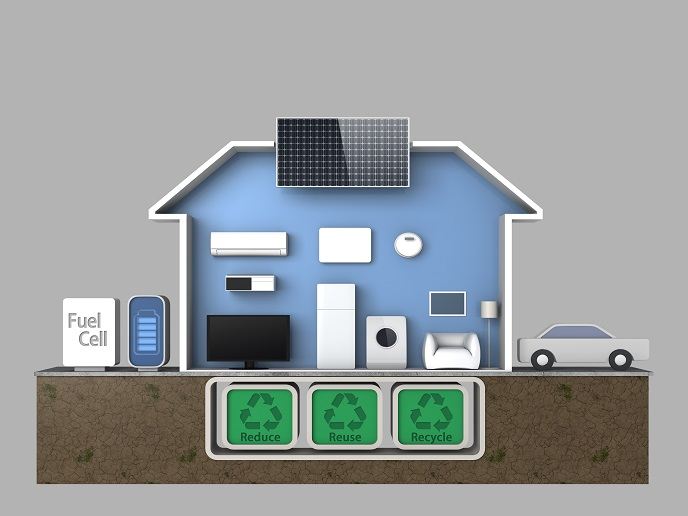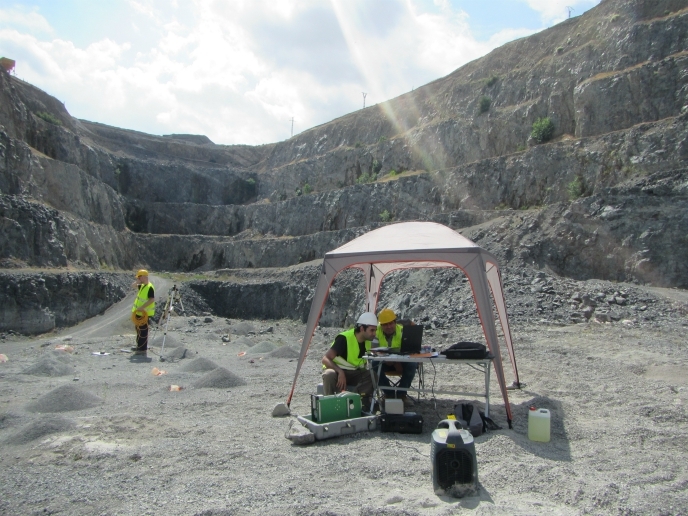Baby steps for robots
Even after 50 years of development, robots still do not approach the capabilities of a human infant to adapt to its continuously changing environment. Instead of attempting to directly simulate adult-like robot intelligence, a new approach focuses on recreating a child's learning and development experiences for machines. The EU-funded EXPLORERS (EXPLORERS Exploring epigenetic robotics: raising intelligence in machines) project investigated the building of robots capable of lifelong learning. Work focused on robot learning of sensorimotor and social skills in ways analogous to human infant development. The team transferred certain key mechanisms in human development to a robotic context, and in reverse shed light on aspects of human development such as the roles of curiosity and social learning in learning skills and language. Researchers devised mechanisms of curiosity-driven exploration, drawn from human intrinsic motivation. The development allowed robots to discover how to use their bodies and to explore physical objects in the environment. Robots acquired multiple skills autonomously including all-directional locomotion using legs, arm movements, control of flexible objects such as a fishing rod, and speech capabilities. Next, the group developed human-like maturation techniques applied to motor and sensory channels. The results facilitated robot exploration of large spaces, and considerably accelerated learning. The team studied for the first time how curiosity-driven sensorimotor learning could be combined with learning by imitation. Outcomes allowed robots to set their own goals, which the machines then autonomously attempted to solve. The robots also accepted human suggestions about choosing goals and strategies for their accomplishment. EXPLORERS opened new possibilities for lifelong learning robots and artificial intelligence: beyond solving single tasks provided by engineers, the new techniques based on intrinsically motivated learning and social interaction allow robots to grow and develop like human babies. Applications could be found for robots that have to interact continually with humans in daily environments, or in educational technologies to foster curiosity and learning in humans. Also, the project led to the creation of the first world-wide open-source 3D printed robotics platform Poppy system(opens in new window). It was initially used to test learning algorithms but is now used by teachers in high-schools and by artists.







